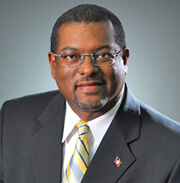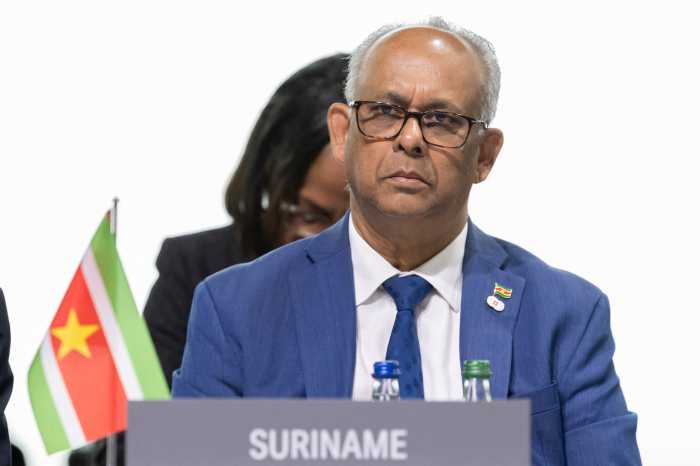A central unit will be set up in the Caribbean to identify the origins of firearms and ammunition within the next three years.
Antigua and Barbuda Minister of National Security and Labor Dr. Errol Court made this announcement while delivering the feature address at the launch of a recent project entitled “Strengthening CARICOM Co-operation to Reduce Gun Crime,” at the Hilton Trinidad, Port of Spain.
He said it is also anticipated that the region will see the initiation of the Regional Integrated Ballistic Information Network (RIBIN).
Dr. Cort said RIBIN will be used to identify the “fingerprint” of the ammunition used in a crime and to record details of the firearm used.
This, he said, will further complement one of the objectives of the project to effectively document information pertaining to small arms and light weapons.
The national security minister said the region has not been silent amidst calls to reduce the demand for and supply of illegal drugs, but “with the assistance of the European Union and through CARICOM Impacs, the CARICOM Regional Demand Reduction and CARICOM Capacity Building Program for Law Enforcement, member states have identified the need for both training and upgrades.”
Dr. Cort noted that the Caribbean community had an influx of organized crime and gang-related activities, adding that these activities were spawned through drug-trafficking, which were accompanied by high levels of homicides, in which illegal guns featured more than 70 percent of the time.
Canadian High Commissioner Counselor to Trinidad and Tobago Laurent Morel-A-L’Huissier said approximately $12 million is being spent on the three-year project.
He said the project, which is being undertaken through a partnership involving CARICOM Impacs Project Ploughshares, the Institute of International Relations at the University of the West Indies and Caribbean civil society organizations, was conceptualized from a mutual commitment to control the illicit proliferation and misuse of small arms in the Caribbean.
He said guns were frequently traded between countries in exchange for drugs, food and appliances.
Morel-a-l Huissier said the project will be implemented through a partnership between Canadian-based NGOs and CARICOM.


























